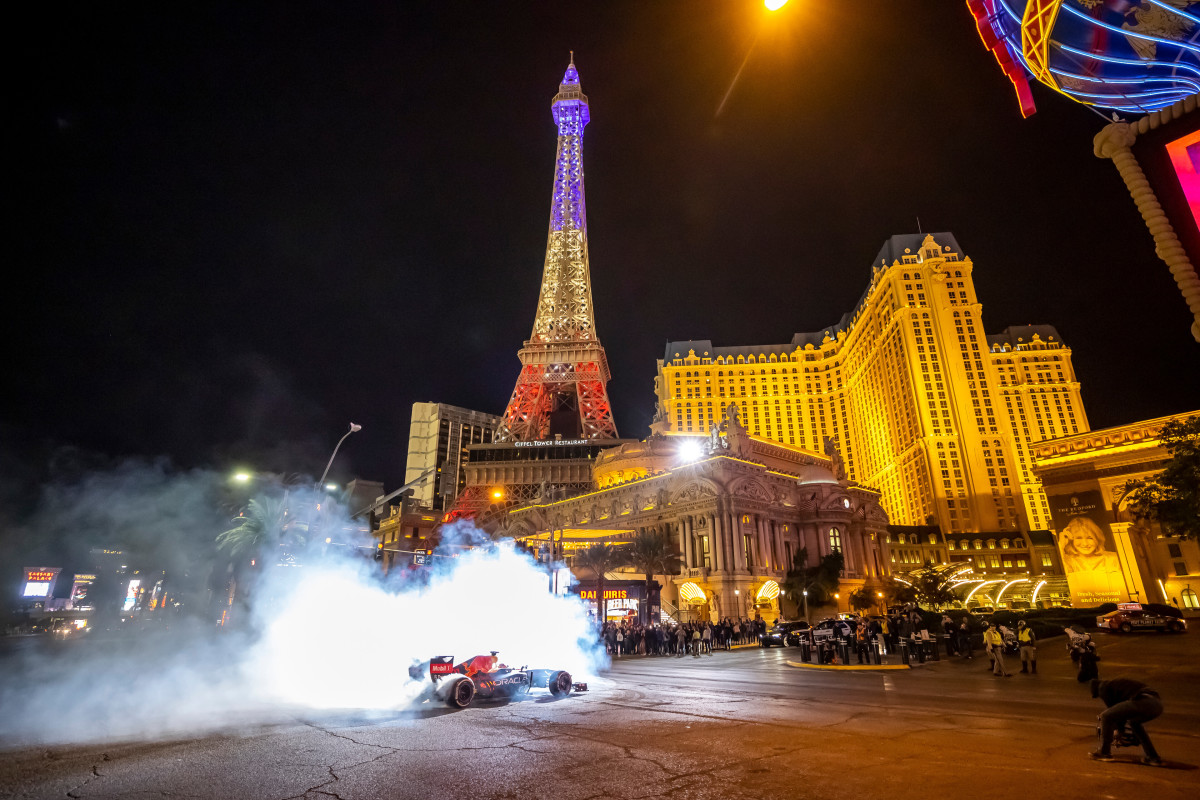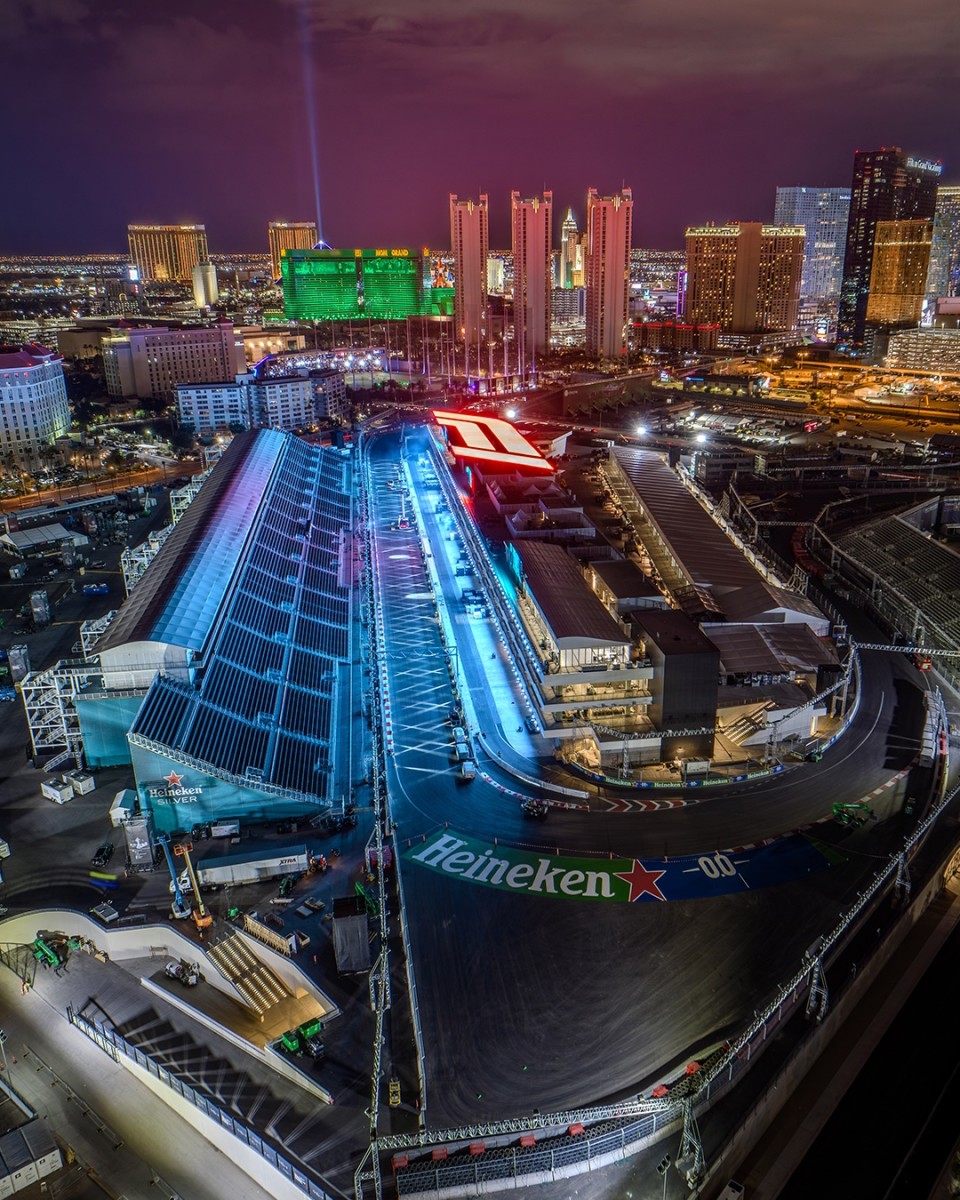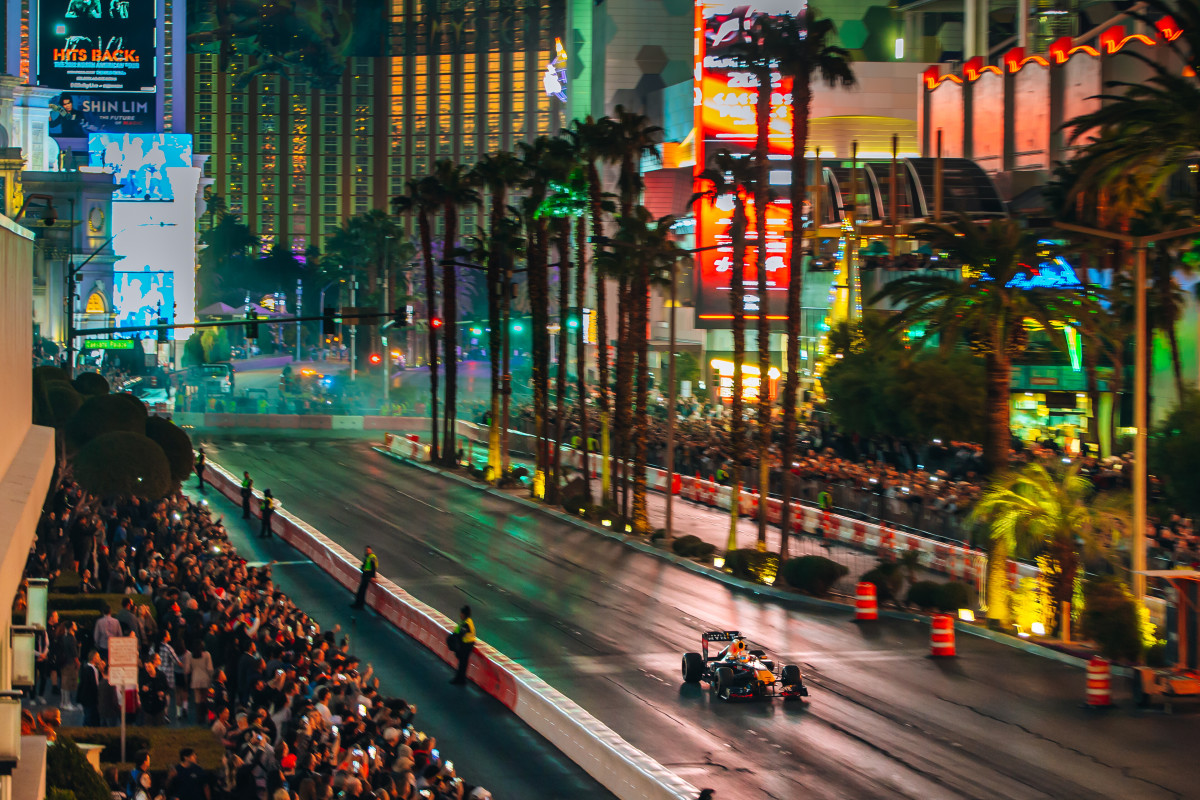F1 News: Reports Suggest Las Vegas GP Misses The Mark For American Fans

Despite the huge hype that has been created over the past two years for the inaugural Las Vegas Grand Prix this weekend, cost figures and ticket status' suggest that Formula 1 might have missed the shot in what it was aiming to attract from the American audience to the world of F1.
With a “get-in price” of around $2,000, multi-million dollar hospitality packages and high hotel room prices led many to question if the GP in Vegas was meant to attract new fans from the United States, or not. After all, owners of Formula 1 Liberty Media evidently considered a race in Las Vegas as a global spectacle catering to the elite high-roller audience.
Listen To The Latest Driven Mad Podcast Episode
On November 3, Renee Wilm, CEO of the Las Vegas Grand Prix stated, “we will be sold out by the time of the event.” However, with just a few more days before the Grand Prix, the ground reality portrays a different picture as per AP News.
Tickets are still available, and hotel prices on the Strip show a sharp decline. Reduced ticket prices of up to 60% for certain days leading up to Saturday night's race are just one aspect of the behind-the-scenes concerns. Not to forget the frustrated residents who were annoyed as a result of traffic disruptions caused by the construction of the 3.85-mile (6.2-kilometer) street circuit that utilizes a large portion of the Strip.

All signs currently hint at the idea that Liberty Media might have significantly miscalculated the pricing strategy to attract new fans and consumers. In addition, there were even reports of F1 demanding high licensing fees from businesses that had a view of the track.
The fee was eventually relaxed but there is a big concern about how the casino employees will get to work on race day. F1 and Liberty Media want Las Vegas to become a permanent, long-term fixture to conduct Formula 1 races since it spent $240 million to purchase property at the end of the Strip for construction of the paddock area and a permanent pit building.

The organizers will consider this week a triumph when everything is concluded, as the return of Formula 1 to Las Vegas after 41 years has turned into a star-studded entertainment spectacle. The decision to host the race in early 2022 by Liberty Media was evidently aimed at capitalizing on the growing popularity of F1 in the United States, driven in part by the influence of Netflix.
The inclusion of Las Vegas in the 2023 calendar marks the third location in the U.S., surpassing any other country, and the fifth in North America. Austin, Texas, served as the sole F1 destination in the U.S. until the addition of Miami in 2022. The last time the U.S. hosted three F1 races in a single season was in 1982.
Will The American Fan Be Impressed?
The report by AP News says there is nothing about the Las Vegas Grand Prix that is targetted toward the new American fan, considering the exorbitant prices, the race timing that goes late into the night (10 PM local time for Saturday race), the nighttime single digit temperature which makes it the coldest race in F1 history, and the high chances of Max Verstappen winning another race, just weeks after he secured his third championship title.
Although American racing enthusiasts may not be a fan of his and Red Bull's dominance, his victory on November 5 in Brazil was the most-watched show that day on ESPN.
F1 continues to score high with its global audience that appreciates the nitty-gritty of the sport and understands that the most intense competition often extends beyond the battle for first place. But as it looks to expand its presence in America, the statistics after the Las Vegas Grand Prix should be able to suggest a more real picture.

